ASRock Rack B550D4-4L Motherboard Review: B550 Goes Professional with BMC
by Gavin Bonshor on May 20, 2021 9:00 AM ESTBoard Features
The ASRock Rack B550D4-4L is a professional-focused ATX motherboard which is using AMD's desktop B550 chipset. It includes support for AMD Ryzen 5000 series processors, Ryzen 4000 G-series processors with Radeon Graphics, AMD Ryzen Pro 4000 and 3000 series processors, and AMD Ryzen 3000 desktop series processors.
The B550D4-4L includes one full-length PCIe 4.0 x16 slot, with a half-length PCIe 4.0 x4 slot, with support for PCIe 4.0 coming directly from the processor. For storage, there's a single PCIe 3.0 x4/SATA M.2 slot, with six SATA ports in total. Four of these are powered by the chipset and as such, include support for RAID 0, 1, and 10 arrays, while the other two are powered by an ASMedia ASM1061 SATA controller. In regards to memory support, the B550D4-4L has four memory slots, which are capable of supporting both ECC (CPU dependent) and non-ECC memory with speeds of up to DDR4-3200 and a total capacity of up to 128 GB.
| ASRock Rack B550D4-4L ATX Motherboard | |||
| Warranty Period | 3 Years | ||
| Product Page | Link | ||
| Price | N/A | ||
| Size | ATX | ||
| CPU Interface | AM4 | ||
| Chipset | AMD B550 | ||
| Memory Slots (DDR4) | Four DDR4 Supporting 128 GB Dual Channel Up to DDR4-3200 Non-ECC Ryzen Desktop ECC with Ryzen Pro |
||
| Video Outputs | 1 x HDMI 1 x D-Sub (ASPEED) |
||
| Network Connectivity | 4 x Intel i210 Gigabit 1 x Realtek RTL8211E (BMC) |
||
| Onboard Audio | N/A | ||
| PCIe Slots for Graphics (from CPU) | 1 x PCIe 4.0 x16 1 x PCIe 4.0 x4 |
||
| PCIe Slots for Other (from PCH) | N/A | ||
| Onboard SATA | Four, RAID 0/1/10 (B550) Two, (ASMedia) |
||
| Onboard M.2 | 1 x PCIe 3.0 x4/SATA | ||
| USB 3.1 (10 Gbps) | 2 x Type-A Rear Panell | ||
| USB 3.0 (5 Gbps) | 2 x Type-A Rear Panel 1 x Type-A Header (2 x ports) |
||
| USB 2.0 | 1 x Type-A Header (2 x ports) | ||
| Power Connectors | 1 x 24-pin ATX 1 x 8pin CPU 1 x 4pin CPU |
||
| Fan Headers | 1 x CPU (6-pin) 5 x System (6-pin) |
||
| IO Panel | 2 x USB 3.1 G1 Type-A 2 x USB 3.1 G2 Type-A 4 x Network RJ45 Gigabit (Intel) 1 x Network RJ45 Gigabit (Realtek) 1 x HDMI 1 x D-Sub 1 x Serial port |
||
The board includes an ASPEED AST2500 BMC controller, with network access provided by a Realtek RTL8211E Gigabit port, as well as physical access via a single D-Sub video output. Other connectivity on the rear panel includes two USB 3.2 G2 Type-A, two USB 3.2 G1 Type-A ports, a Serial port, and one HDMI 1.4 video output. The B550D4-4L has an impressive network array with five Ethernet ports in total, four of these being controlled by separate Intel i210 Gigabit controllers, with support for teaming, as well as a dedicated IPMI port powered by a Realtek RTL8211E Gigabit contriller.
Test Bed
As per our testing policy, we take a high-end CPU suitable for the motherboard released during the socket’s initial launch and equip the system with a suitable amount of memory running at the processor maximum supported frequency. This is also typically run at JEDEC subtimings where possible. It is noted that some users are not keen on this policy, stating that sometimes the maximum supported frequency is quite low, or faster memory is available at a similar price, or that the JEDEC speeds can be prohibitive for performance. While these comments make sense, ultimately very few users apply memory profiles (either XMP or other) as they require interaction with the BIOS. Most users will fall back on JEDEC supported speeds - this includes home users and industry who might want to shave off a cent or two from the cost or stay within the margins set by the manufacturer. Where possible, we will extend out testing to include faster memory modules either at the same time as the review or a later date.
| Test Setup | |||
| Processor | AMD Ryzen 3700X, 65W, $329 8 Cores, 16 Threads, 3.6 GHz (4.4 GHz Turbo) |
||
| Motherboard | ASRock Rack B550D4-4L (BIOS L0.16) | ||
| Cooling | Corsair iCue H150i Elite Capellix 360 mm AIO | ||
| Power Supply | Thermaltake Toughpower Grand 1200W Gold PSU | ||
| Memory | 2x8GB G.Skill TridentZ DDR4-3200 22-22-22-54 1T | ||
| Video Card | ASUS GTX 980 STRIX (1178/1279 Boost) | ||
| Hard Drive | Crucial MX300 1TB | ||
| Case | Open Benchtable BC1.1 (Silver) | ||
| Operating System | Windows 10 1909 | ||
Readers of our motherboard review section will have noted the trend in modern motherboards to implement a form of MultiCore Enhancement / Acceleration / Turbo (read our report here) on their motherboards. This does several things, including better benchmark results at stock settings (not entirely needed if overclocking is an end-user goal) at the expense of heat and temperature. It also gives, in essence, an automatic overclock which may be against what the user wants. Our testing methodology is ‘out-of-the-box’, with the latest public BIOS installed and XMP enabled, and thus subject to the whims of this feature. It is ultimately up to the motherboard manufacturer to take this risk – and manufacturers taking risks in the setup is something they do on every product (think C-state settings, USB priority, DPC Latency / monitoring priority, overriding memory sub-timings at JEDEC). Processor speed change is part of that risk, and ultimately if no overclocking is planned, some motherboards will affect how fast that shiny new processor goes and can be an important factor in the system build.


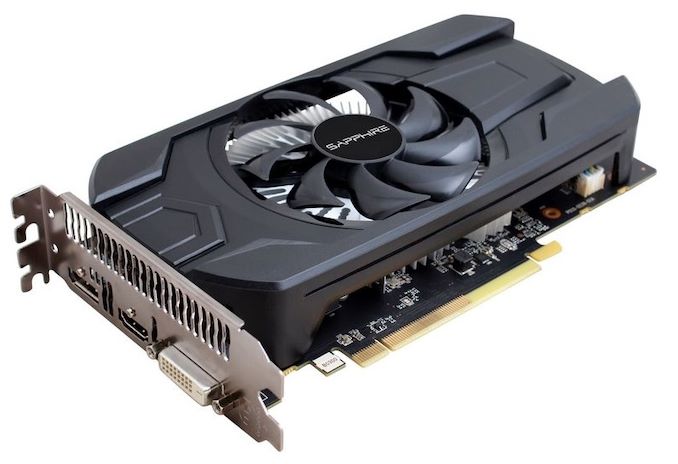
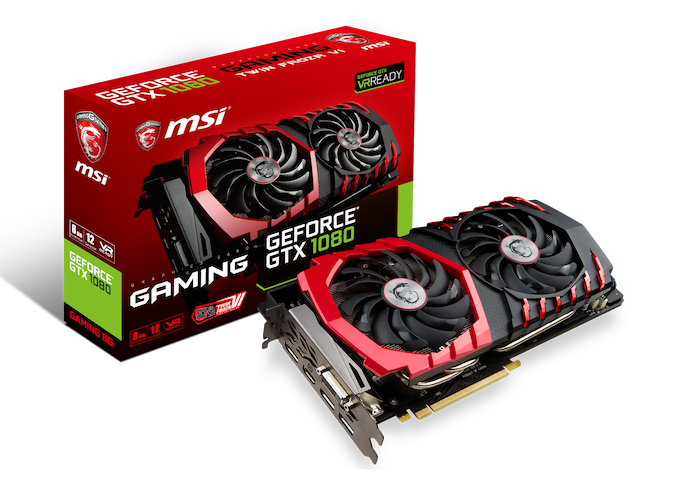
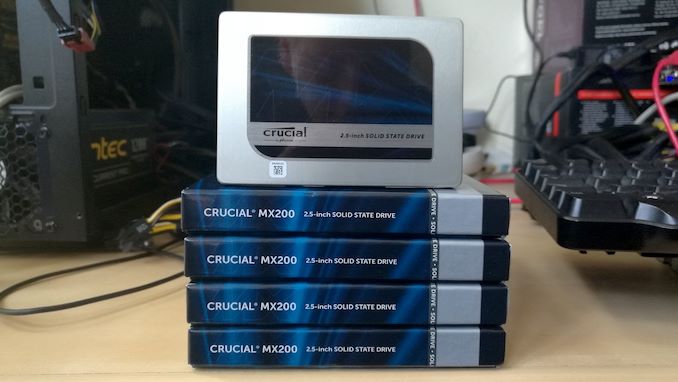
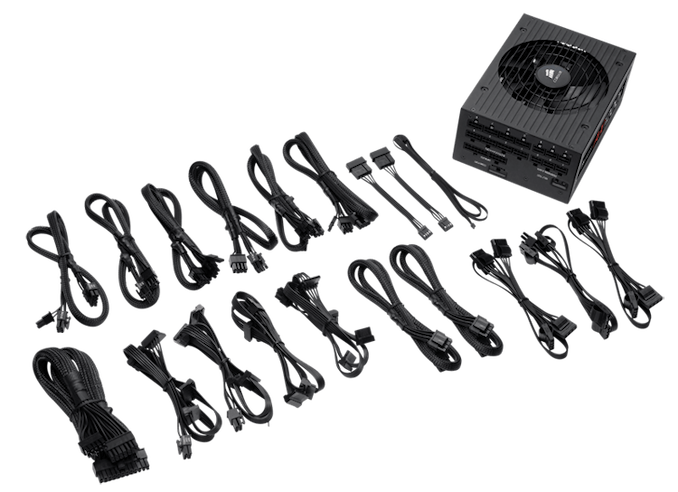
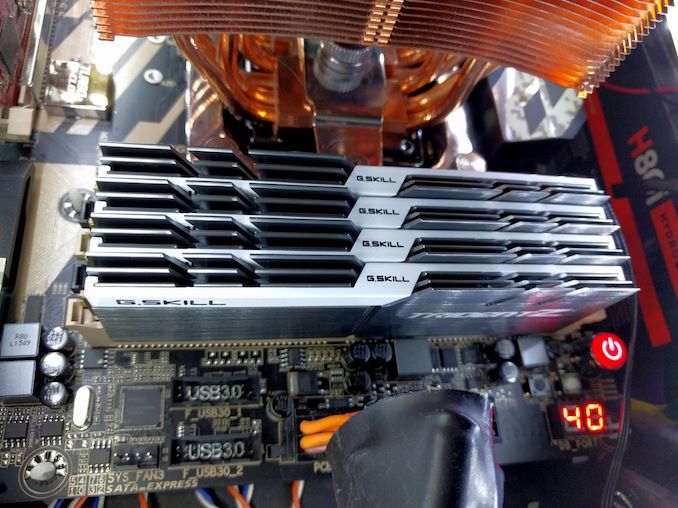
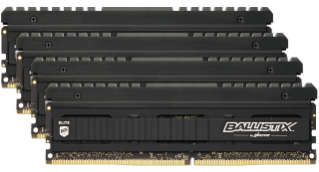
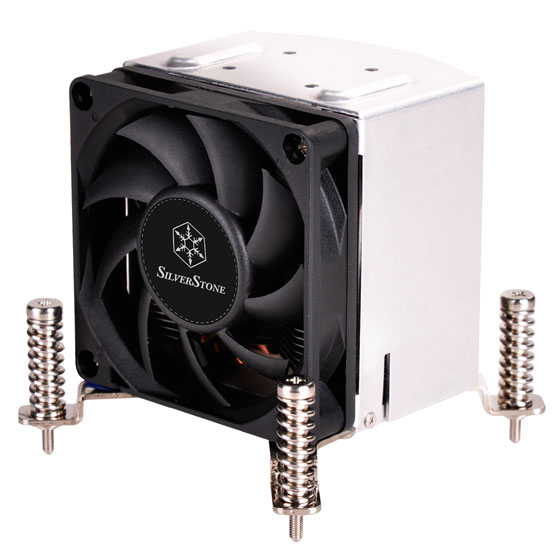
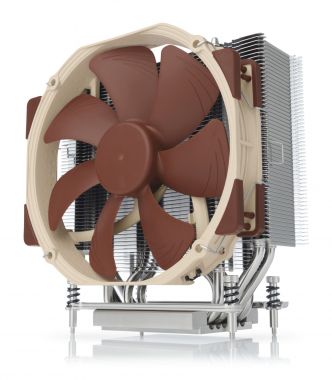








73 Comments
View All Comments
YB1064 - Thursday, May 20, 2021 - link
A professional board should have 10GbE ethernet. Period.fmyhr - Thursday, May 20, 2021 - link
Not necessarily. For example, Supermicro builds most of its Xeon E3 boards in multiple flavors: some with multiple 1GbE, some with 10GbE. Evidently there's a market for boards without the built-in 10GbE. Of course you can always add it yourself via PCIe slot. Related: how cool would it be if boards like these had integrated OcuLink ports?beginner99 - Thursday, May 20, 2021 - link
I mean it's not strictly server more workstation/hobbyist focused and 10g has additional costs like the switches etc. I agree however that four 1Gbe ports are nonsensical. Really don't get that. What does oen do with 4 Ethernet ports? What is missing is a middle-ground. 2.5 and 5 gbe capable motherboards. 2x2.5gbe would be completely fine here. You can configure them as needed for fallback or teaming.I just bought a mini-itx board and ran in that issue. You get either 1gbe or 10gbe and the later with at least a $150 additional price tag. 2.5gbe? only found it in some lga1200 xeon-w boards but those don't have a bmc. bummer.
Drkrieger01 - Thursday, May 20, 2021 - link
Four 1Gb NIC ports would be great for a edge router. Add in a 10Gb card if you need a datacenter link, should be great for small enterprise clients (150-500 users). Drop in a Ryzen GE series CPU, and you have a great low power high throughput firewall. The board layout is even great for a 2U chassis, airflow in rack chassis aren't great for traditional ram/CPU position layout.TheinsanegamerN - Thursday, May 20, 2021 - link
The exact smae argument could be made the other way around, one 10GBe port is great for any use case involving high traffic, if you want 4 ports for fallback buy a 4x1Gb card.fmyhr - Thursday, May 20, 2021 - link
I _think_ the reason this motherboard exists at all is that some particular LARGE customer (Facebook?) wanted it. Sure, it would be great to have variations, like Supermicro does for their Xeon E3 boards. But I guess market is not there at the moment to support this... and refusal of AMD to market Ryzen as an E3 competitor isn't helping AT ALL. In the meantime, I'm glad this board... exists? Still can't order one!BedfordTim - Friday, May 21, 2021 - link
You have hit the nail on the head, but the customer is probably smaller. Most of the oddball industrial boards exist for someone's specific purpose.mode_13h - Friday, May 21, 2021 - link
> some particular LARGE customer (Facebook?) wanted it.Not Facebook, given they founded the Open Compute Project, 10 years ago.
Look at ASRock Rack's catalog and you'll see a lot of boards like these.
mode_13h - Friday, May 21, 2021 - link
Speaking of which, their B550D4M model has a OCP 2.0 Mezzanine connector A (PCIe x8).https://www.asrockrack.com/general/productdetail.a...
bananaforscale - Saturday, May 22, 2021 - link
Single 10G says storage server, not "high traffic" in general. Multiple 1G ports are better for security. You know you can just buy that 10G card if you need it?